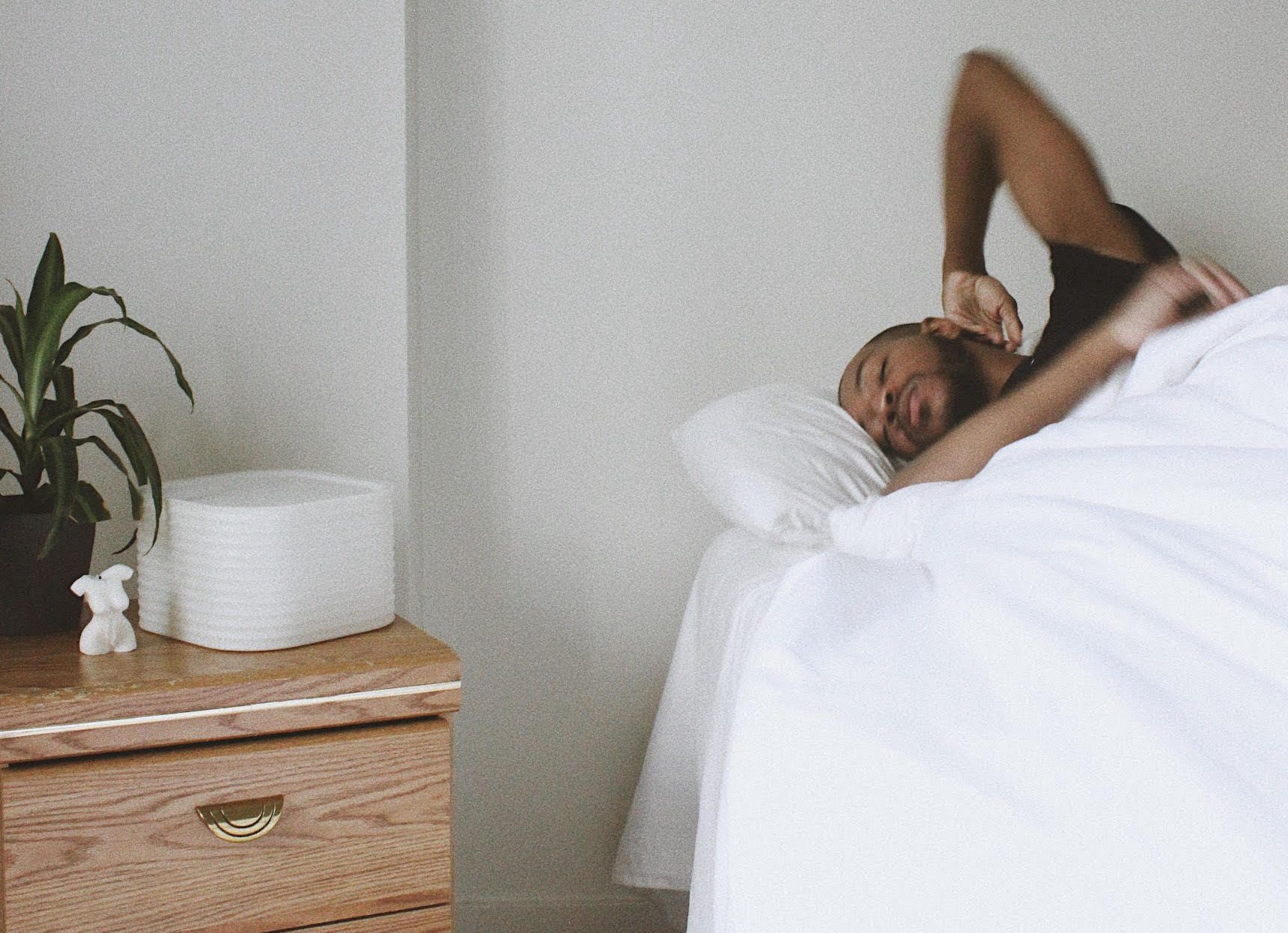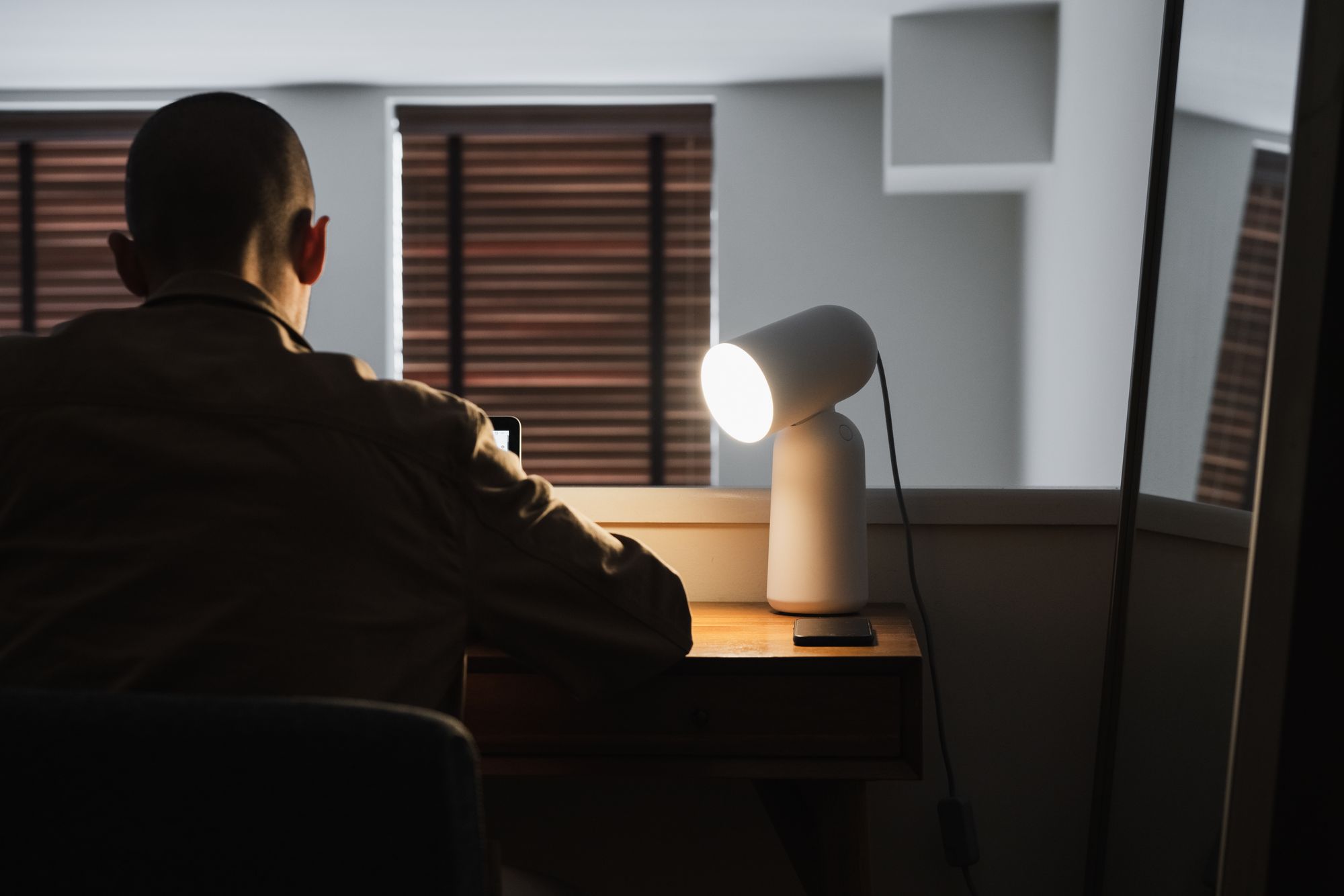Having trouble adjusting to the end of daylight savings? Let's make it easier for you
A fool-proof guide to the end of daylight savings.
Written by Ian Yang
Nov 03, 2021

A fool-proof guide to adapting to daylight savings.
It’s once again time to set back those clocks and settle in for the winter. As great as that extra bit of sleep sounds, the end of daylight savings can wreak havoc on our bodies and minds. Falling back an hour can cause a disruption in our routine leading to broken habits, lower energy, and a lack of productivity.
This is why adjusting to daylight savings time gradually is so important. Here at Gantri, we’ve got you covered. In this article, we’ll outline the basics of daylight savings and offer some tips to help you adjust to the time change comfortably.
When does daylight savings begin?
In the continental US, daylight savings begins on Sunday, March 10th at 2:00am. That means that by the time you wake up on Monday morning, you’ll have lost that hour of sleep!
Daylight savings occurs at different times in different parts of the world, with some countries opting to abstain from daylight savings altogether.

When does daylight savings end?
Daylight savings in the continental US ends on Sunday, November 3rd – once again at 2:00am. This time, the clocks go back by an hour, affording you an extra hour of sleep between Sunday and Monday.
Having difficulty remembering which direction the clocks go in, when? The mnemonic “spring forward, fall back” can prove a nifty shorthand.
How long does it take to adjust to daylight savings?
While the change in time that comes with daylight savings is only an hour, it can have a significant effect on our body, mind, and routine. How much daylight savings affects you will vary based on your physiology and any underlying health conditions you’re living with. While some people may barely notice the shift in time, others may struggle, dealing with fatigue, irritability, or shifts in mood and energy. Daylight savings can also lead to sleep problems due to the circadian misalignment that occurs when our natural wake/sleep cycle is out of sync with the light/dark cycle outside.
Experts estimate that it can take 5-7 days for our bodies to fully adjust to the shift in time that comes with daylight savings. While this adjustment period may not be as intense as that experienced during jet lag, it’s still worth granting yourself a little grace if you find yourself a little out of sorts in the days following the time change!

How to prepare for the start of daylight savings
Adjusting to daylight savings starts in advance of the all-important clock change. Whether you have small children or pets who find the change in routine challenging, or are looking to minimize disruption to your own wellbeing, these tips will set you up well as you adjust to daylight savings.
Establish a nighttime routine
Adjusting to daylight savings time seamlessly is all about good habits. Ease into things by starting your evening routine a few days before the time changes. In the evening, take some time to wind down with a warm shower or a good book. An hour before bed, make sure you dim your lights. Try TRAY Table Light on your nightstand for the perfect glow and effortless storage for your bedtime essentials.
Adjust for daylight savings time by starting fresh
Adjust to daylight savings time properly with a clean slate. Who says a deep clean has to wait until Spring? Get out the vacuum, catch up on your dusting, and donate items you no longer need. A fresh space will keep any stress at bay as you prepare for the time change.
Prioritize comfort
Comfort is a key element of staying relaxed and getting proper rest. Stay comfortable by choosing the light fixtures that compliment your space and utilize dimmers to reduce eye strain and fatigue. Check out this blog post for more tips on how to create a calm environment at home.
Boost productivity naturally
As part of our human circadian rhythm, as the sun goes down and the light darkens – we feel more tired. With less daylight in the winter, layer your lighting to mimic how it appears in nature to boost your energy and keep productivity on track. Start with a dimmable base piece like Cantilever Floor Light. Then add a task light for on-demand focus like Buddy Table Light.
Warm lighting makes adjusting to daylight savings time easier
At Gantri, we always recommend warm lighting but it's especially important if adjusting to daylight savings time is your primary concern. Gantri’s LED bulbs create natural, warm illumination that stimulates restfulness, helping you wind down for the day and get a good night’s sleep. Try a fan favorite like Maskor Table Light for the ultimate warm glow.

Welcome in a cozy daylight savings with bespoke lighting from Gantri
The light outside might be waning, but the end of daylight savings offers the perfect excuse for some cozy interior design. Check out Gantri’s range of bespoke, sustainable lighting solutions to bring a little light into your space this winter.
© 2026 Gantri, Inc. All Rights Reserved.